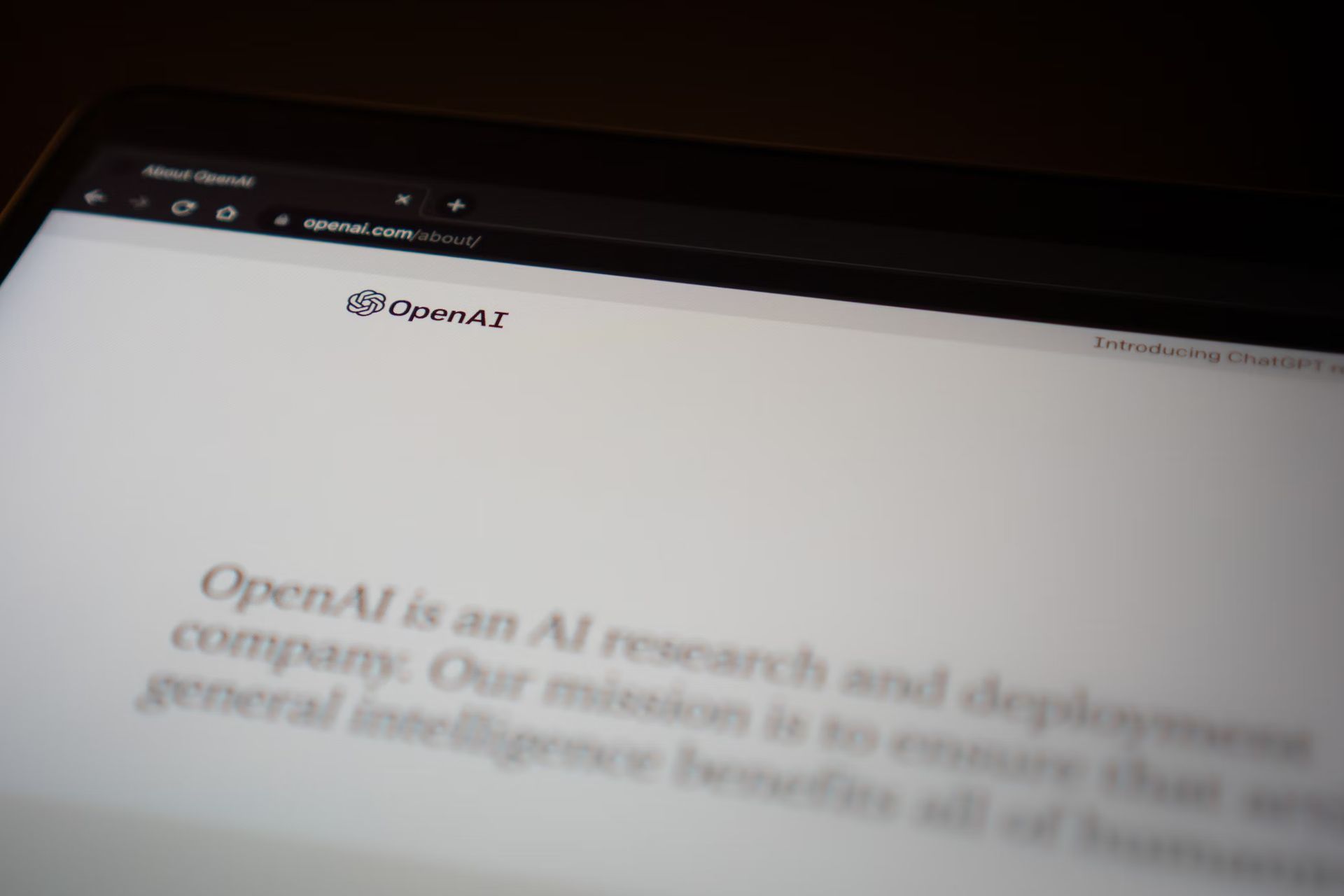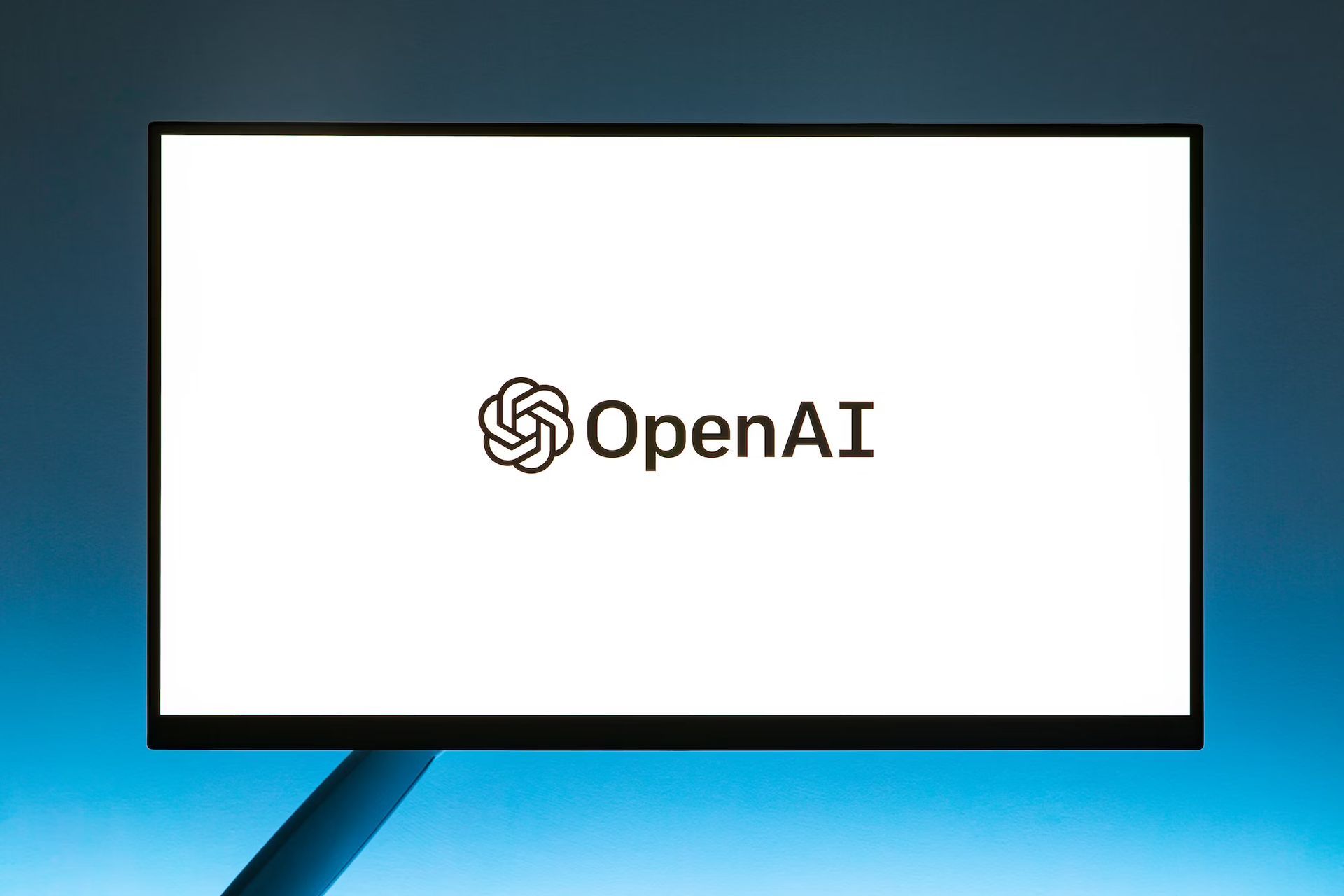OpenAI is in turmoil, who is Emmett Shear, the new interim CEO of the company.
The board of OpenAI has appointed Emmett Shear, the co-founder of the renowned live streaming platform Twitch, as its interim chief executive, an announcement confirmed on Monday.
This surprising decision comes on the heels of co-founder Sam Altman’s departure last Friday, a move that has reportedly intensified internal divisions within the company.
Who is Emmett Shear?
In a swift succession of leadership changes within just three days, Shear’s appointment follows the brief tenure of Mira Murati, the chief technology officer, whose instatement on Friday led the premier AI company into a state of upheaval.
“I took this job because I believe that OpenAI is one of the most important companies currently in existence. I want to do everything in my power to protect it and grow it further,” Shear stated on X.
Today I got a call inviting me to consider a once-in-a-lifetime opportunity: to become the interim CEO of @OpenAI. After consulting with my family and reflecting on it for just a few hours, I accepted. I had recently resigned from my role as CEO of Twitch due to the birth of my…
— Emmett Shear (@eshear) November 20, 2023
Emmett Shear, an influential figure in the world of technology and entrepreneurship, has a career marked by notable achievements in internet-based enterprises. Shear, who grew up in Seattle, Washington, exhibited early signs of a gifted intellect, attending the Evergreen School for Gifted Children. It was there that he met his future business partner, Justin Kan, bonding over advanced mathematics and shared hobbies like “Magic: The Gathering.”
OpenAI dives into GPT-5 development
Shear’s academic journey led him to Yale University, where he majored in computer science and graduated with a Bachelor of Science in 2005. His time at Yale proved pivotal, not just for his education but also for fortifying the partnerships that would later become central to his entrepreneurial ventures. Alongside Kan and another fellow student, Michael Siebel, Shear would embark on a path that would change the internet’s landscape.

Initially co-founding Justin.tv, a platform named after his friend and business partner Justin Kan, Shear’s vision steered the company as it evolved into Twitch, an iconic and revolutionary live streaming service focused on gaming and entertainment. As the CEO of Twitch from its inception until March 2023, Shear’s leadership was instrumental in the platform’s explosive growth and its eventual acquisition by Amazon in 2014 for $970 million.
Beyond his executive role, Shear also contributed to the tech ecosystem as a part-time partner at Y Combinator, the renowned venture capital firm known for incubating startups like Airbnb and Dropbox. His experience there enriched his perspective on innovation and investment in the tech industry.
What happened?
The tech community was left reeling from the unexpected announcement that Sam Altman, CEO and co-founder of OpenAI, had departed from the vanguard of AI innovation. Altman has been a pivotal figure, guiding the company through significant achievements, including the development of the advanced AI model ChatGPT. This sudden shift in leadership has vaulted the experienced Mira Murati, previously Chief Technology Officer, to the forefront as interim CEO.
On a related note, Satya Nadella, the CEO of Microsoft, disclosed the recruitment of Altman and Greg Brockman, another OpenAI co-founder, to spearhead a specialized AI research team. This move indicates the strategic realignments taking place within the AI research community, underscoring the ongoing collaboration between industry leaders.
Now the company has brought in Shear. Emmett Shear, stepping into the interim CEO role at OpenAI, swiftly announced a comprehensive plan aimed at stabilizing the organization. His 30-day strategy includes appointing an independent investigator to scrutinize the events leading up to the current situation, engaging in dialogue with stakeholders at all levels, and restructuring the management to better align with the company’s objectives.

Shear emphasized the critical importance of maintaining OpenAI’s stability and success, stating his commitment to addressing the key issues. However, he acknowledged that reaching substantial progress might extend beyond the one-month mark.
In the backdrop of these leadership changes, there were pre-existing internal concerns regarding the rapid pace of AI’s commercialization and its ethical implications. Altman had been a proponent of leveraging OpenAI’s leading position to capitalize on its technological edge, a sentiment not universally shared within the company’s ranks.
Shear himself has been a vocal proponent of a more measured approach, calling for a balanced progression in AI development to ensure safety and responsibility. This perspective finds him in alignment with Ilya Sutskever, the remaining co-founder on OpenAI’s board, who is focused on overseeing the governance of superintelligent systems.
The unfolding events also saw a surge of support for Altman from within OpenAI’s community, with leading investors like Microsoft and numerous employees advocating for his reinstatement as chief executive. This collective pushback illustrates the strong sentiments and loyalties that Altman has fostered within the AI community and the broader tech industry.
Featured image credit: IMDB





